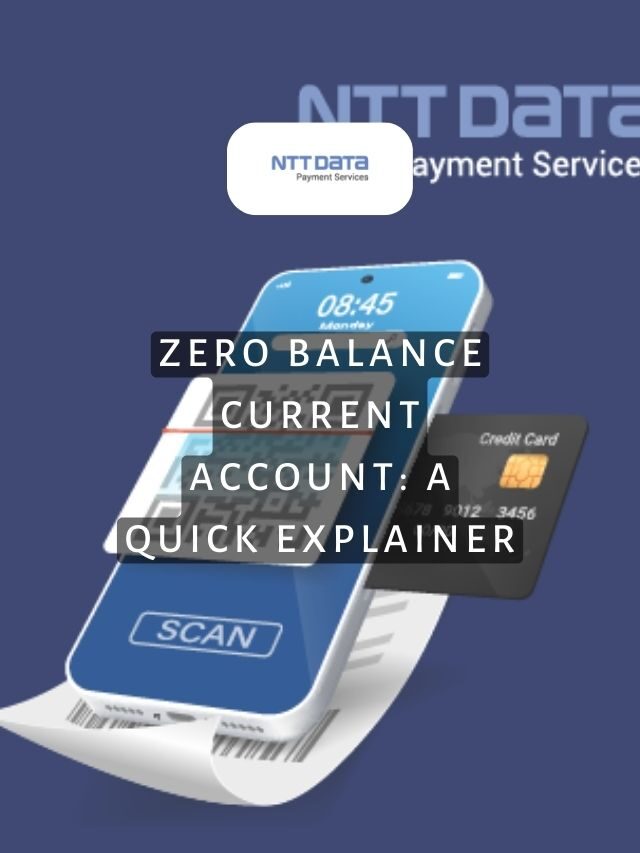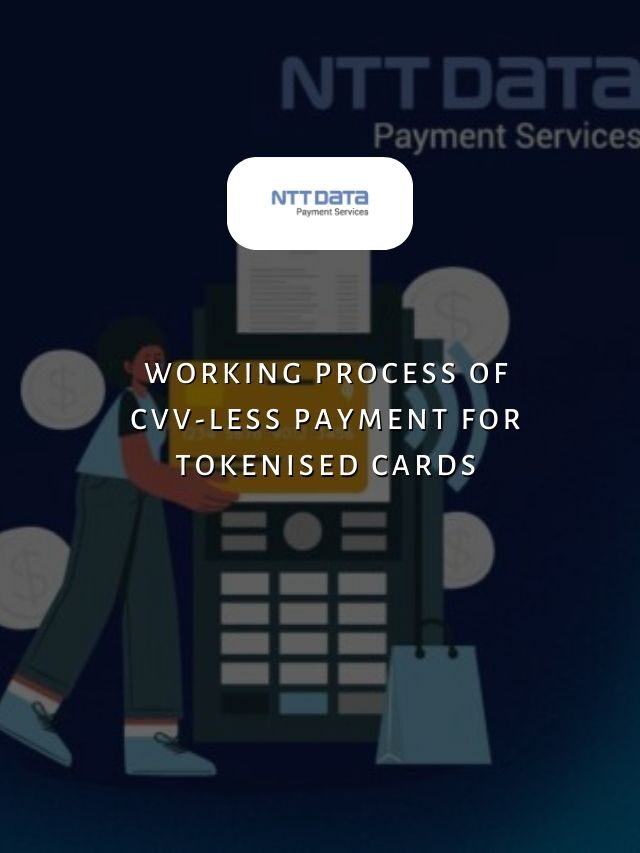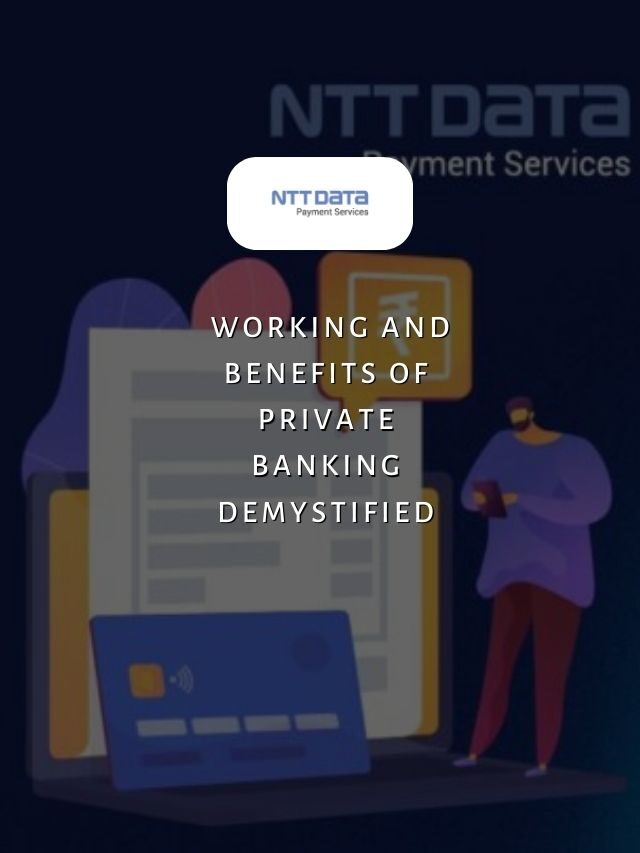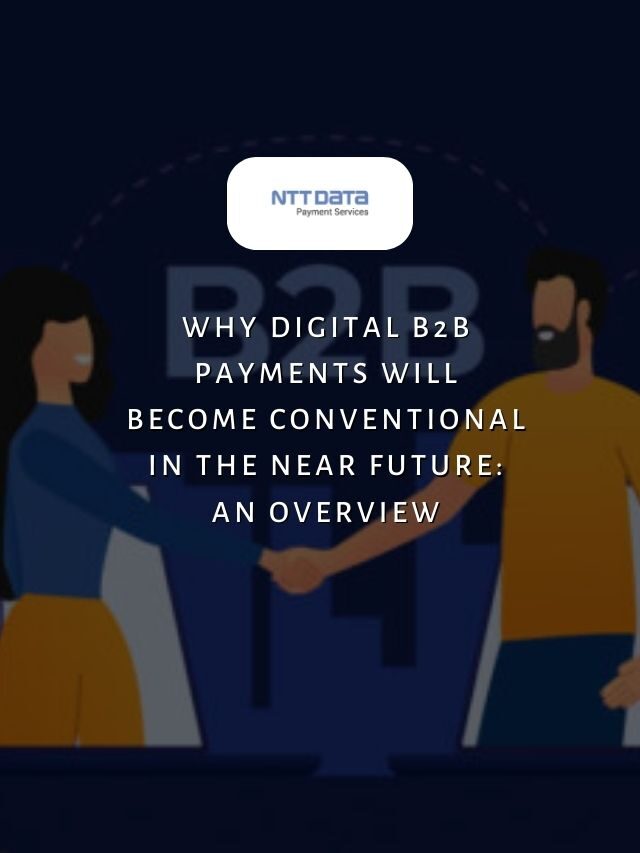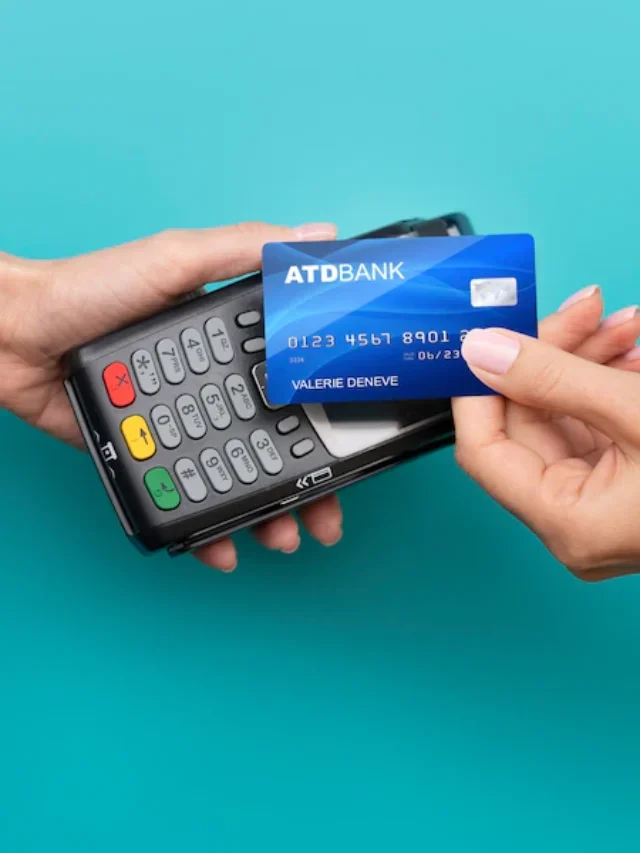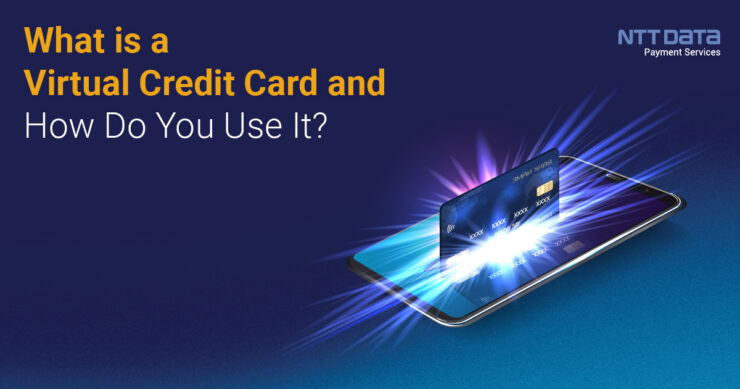
Table of Contents
- 1 Overview of Virtual Credit Card
- 2 Recent Web Stories
- 3 What is a Virtual Credit Card?
- 4 How Do You Use A Virtual Credit Card?
- 4.1 Step 1: Choose a Reliable Provider
- 4.2 Step 2: Application Process
- 4.3 Step 3: Verification Steps
- 4.4 Step 4: Link To Accounts
- 4.5 Step 5: Select The VCC Option During Checkout
- 4.6 Step 6: Enter Virtual Card Details
- 4.7 Step 7: Complete The Transaction
- 4.8 Step 8: Keep Track of the Expiry Date
- 4.9 Step 9: Explore Renewal Options
- 5 Features of Virtual Credit Card
- 6 Advantages of Virtual Credit Cards
- 7 NTT DATA Payment Services
- 8 The Era of Virtual Credit Cards
- 9 Frequently Asked Questions (FAQs)
Virtual Credit Cards (VCCs) combine cutting-edge security measures with unparalleled flexibility. These ephemeral digital counterparts to physical credit cards offer customisable spending limits, single or multi-use options, and compatibility across online platforms.
Their significance is in improved privacy, fraud prevention, and security, which makes them vital for business professionals handling the complicated nature of online transactions. In this blog post, let’s explore “what is a virtual credit card”, including its technical intricacies, elucidating secure payment practices, and real-world applications.
Overview of Virtual Credit Card
VCCs are virtual representations of traditional credit cards, but their features extend far beyond the conventional. One notable aspect is the ability to set spending limits, providing users control over their financial exposure. Whether it’s a single-use card for a specific transaction or a multi-use card for ongoing subscriptions, the adaptability of VCCs aligns seamlessly with the diverse needs of users.
The global use of Virtual Credit Cards has witnessed a substantial uptick, with a staggering 35% year-over-year increase in adoption rates. This surge can be attributed to the growing awareness among industry experts about the unique features and security offered by VCCs.
With the increasing migration of financial transactions to online payments, it is critical to comprehend the specifics of this cutting-edge payment method.
Recent Web Stories
What is a Virtual Credit Card?
A Virtual Credit Card (VCC) is a digital payment solution that offers a secure and temporary virtual representation of a physical credit card. Functioning online, it employs advanced payment security measures like encryption and tokenisation.
VCCs provide customisable spending limits and enhance privacy by safeguarding user information, making them a modern and secure alternative for digital transactions.
How Do You Use A Virtual Credit Card?

Here is a step-by-step process on how to use a credit card:
Step 1: Choose a Reliable Provider
Begin by selecting a trustworthy virtual credit card provider. Explore options from reputable financial institutions or digital payment platforms.
Step 2: Application Process
Provide the necessary details to initiate the creation of your virtual credit card.
Step 3: Verification Steps
Ensure security by completing the required verification steps. This may involve confirming your identity and linking the virtual card to an existing account.
Step 4: Link To Accounts
Create seamless connections by linking your virtual credit card to various accounts. This includes payment platforms, digital wallets, and banking apps.
Step 5: Select The VCC Option During Checkout
When making an online purchase, choose the virtual credit card option during checkout.
Step 6: Enter Virtual Card Details
Input the temporary card number, expiration date, and security code your virtual credit card provides.
Step 7: Complete The Transaction
Hit the ‘complete purchase’ and experience the seamless execution of your secure virtual transaction. Your virtual credit card guarantees flawless financial operation.
Step 8: Keep Track of the Expiry Date
Keep track of the expiration date of your virtual credit card.
Step 9: Explore Renewal Options
If applicable, explore renewal options offered by your virtual credit card provider.
Features of Virtual Credit Card
1. Customisable Spending Limits
Customisable spending limits on virtual credit cards redefine financial control, allowing users to tailor their card spending budget. This feature empowers individuals to set limits aligning with their budgets, preventing overspending.
2. Single or Multi-Use Options
Virtual Credit Cards (VCCs) allow users to tailor their transactions with the choice of single-use or multi-use options. The single-use feature provides heightened security for one-time transactions, ideal for online purchases or subscriptions.
The multi-use option extends the VCC’s utility across various transactions, enhancing convenience for recurring payments or frequent online shopping. This versatility allows users to make a seamless and secure payment.
3. Compatibility With Multiple Platforms
Virtual Credit Cards (VCCs) can seamlessly integrate with diverse online ecosystems, spanning e-commerce platforms, subscription services, and digital marketplaces. This compatibility ensures a streamlined user experience across varied digital platforms, facilitating seamless transactions. You can also access various payment options with businesses.
4. Enhanced Security Measures
Virtual Credit Cards (VCCs) prioritize user security with advanced measures & security protocols. Through advanced encryption and tokenization, VCCs shield user data from unauthorized access, ensuring each transaction is a secure, confidential exchange. Tokenization replaces card details with unique tokens, making transactions impossible to hack. This dual-layered security establishes complete protection for VCC users.
5. Temporary Validity Period
The Temporary Validity Period of virtual credit cards is a strategic security measure. The VCC cards come with a predetermined lifespan a dynamic shield against potential misuse. Your card has limited valid time to reduce vulnerability beyond the expiry date.
This feature protects user security and adds a layer of sophistication, ensuring that even if details are compromised, the risk exposure is curtailed, making virtual credit cards a dynamic and secure choice with online transactions.
Advantages of Virtual Credit Cards
1. Protection Against Fraud
Employing cutting-edge encryption and tokenization, VCCs transcend traditional credit card security, erecting a robust defense against cyber threats. This heightened security safeguards financial transactions and instills confidence, fostering a secure digital environment for users.
2. Privacy And Anonymity
VCCs go beyond transactional convenience; they become shields of personal information. By ensuring user privacy and anonymity, VCCs shield individuals from potential data breaches and identity theft.
3. Convenience in Online Transactions
The significance of “Convenience in Online Transactions” with Virtual Credit Cards (VCCs) lies in the seamless fusion of security and user-friendly experiences. VCCs, by design, simplify the intricacies of online purchases, providing users with a hassle-free checkout process.
NTT DATA Payment Services
The significance of NTT DATA Payment Services in providing a secured payment gateway extends beyond business transactions. Access PCI DSS 3.2.1V, a 256-bit encrypted payment gateway for your digital wallet. This keeps your information security bulletproof and makes your transactions limitless and quicker.
NTT DATA Payment Services offers a complete payment solution to advance both your offline and online businesses from,
- Online Payment Gateway in India
- POS machines
- IVR payments
- Mobile applications, and
- Bharat QR Scan and Pay
We ensure maximum comfort, convenience, and safety for all your payments.
The Era of Virtual Credit Cards
Virtual Credit Cards (VCCs) have emerged as powerful tools, offering a solution for financial security and convenience. The robust features of VCCs, from customizable spending limits to advanced security measures, empower users to transact online with unprecedented confidence.
Thus, through this blog, we are clear about “What is a Virtual Credit Card” & its advantages. As financial experts endorse the strategic integration of VCCs, it’s clear that this technology is not just a trend but a fundamental evolution in how we conduct transactions.
| Also, you can get frequent updates on nttdatapayments Instagram page. |
Frequently Asked Questions (FAQs)
1. How does a Virtual Credit Card work?
A Virtual Credit Card (VCC) functions by generating unique digital credentials for online transactions. These include a virtual card number, expiration date, and CVV, offering secure and private digital payments. Unlike physical cards, VCCs solely exist online, reducing the risk of physical theft.
2. Can we withdraw money from a Virtual Credit Card?
Virtual credit cards are typically designed for online transactions and are not intended for cash withdrawals. They lack physical existence, so you cannot withdraw money from a Virtual Credit Card.
3. Can I transfer money from a Virtual Credit Card to a Bank Account?
Generally, virtual credit cards are not meant for fund transfers to bank accounts. They are specifically tailored for secure online transactions. Conventional banking or other financial methods should be used to transfer money.
4. What are the benefits of Virtual Credit Cards?
The following are some benefits of Virtual Credit Cards:
- Protection against fraud
- Customizable spending limits
- Compatibility with various online platforms
5. How can I ensure secure online payments with a Virtual Credit Card?
To ensure secure online payments with a Virtual Credit Card, follow best practices such as:
- Keep your VCC details confidential
- Use VCCs only on trusted websites
- Monitor transactions regularly for any unauthorized activity
- Be mindful of the expiration date and renew when necessary
- Report any suspicious transactions to the issuer immediately

